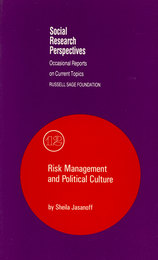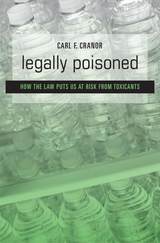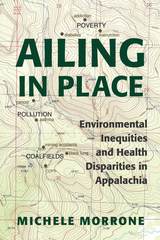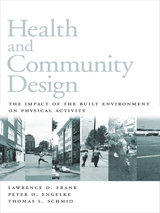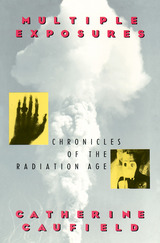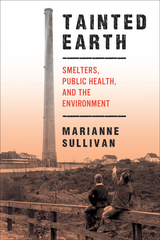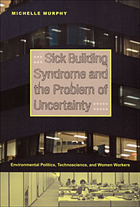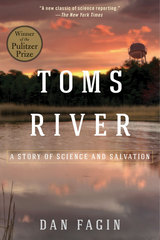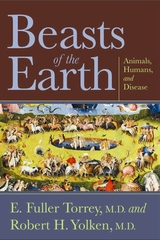This edited volume on the health effects of air contaminants reflects the combined wisdom of twelve prominent academics...For those involved in air quality research or management, or for those teaching air quality measurement in the classroom, this is an essential book...It is a good high-level textbook, inexpensive and well-presented.
-- Dona Schneider The Environmentalist [UK]
Provides the best scientific attempt to estimate the level of fine particle exposure indoors, based on their outdoor concentration. However, these authors agree that fixed monitoring stations are poor surrogates for exposure to people...[Particles in Our Air] must be considered one of the clearest descriptions of scientific aspects of particles in air. Although the authors represent a specific scientific point of view, they are clearly leaders in their respective fields. This book is highly recommended.
-- A. Alan Moghissi, Editor-in-Chief Environment International
By controlling emissions and by dispensing pollutants, we have reduced their concentration. However, expanding population and energy demands have ensured that air pollution remains one of the most important environmental challenges faced by mankind. Drs. Spengler and Wilson have performed a unique service by bringing together in a most coherent way the thoughts of the most prominent researchers in this field. It gives context to today's concerns as we worry about "how far to go?" for particulate matter, ozone, SOx, NOx, VOCs and more. It's a must read not only for practitioners, regulators, the regulated and legislators, but for "students" of all inclinations who want to learn more about this fascinating field.
-- The Honorable Don Ritter, Chairman, National Environmental Policy Institute, Former Congressman
Long before the publication of this invaluable volume, Richard Wilson and John Spengler were among the leaders in drawing constructive worldwide attention to the health effects of minute airborne particles. This volume confirms my earlier view that we have no better teachers on this crucial issue. They have produced a timely, compelling and lucid treatment of a public-health challenge that urgently merits everyone's attention.
-- Ralph Cavanagh, Energy Program Director for the Natural Resources, Defense Council, and Visiting Professor, Stanford Law School
Written by the leading scholars, this book is a masterful summary of the scientific literature on the health effects of air pollution. It explores what is known, what is controversial, and the scientific basis for the health effects, including lessons from animal and clinical studies. The book begins and ends with the public policy issues, building the case for more stringent control of air pollutants.
-- Professor Lester Lave, Carnegie Mellon University
Particles in Our Air provides a timely and authoritative discussion of what is potentially the most serious pollution problem confronting us at the close of the twentieth century. The book discusses in detail the types, source, characterization, and measurement of airborne particles, the evidence linking such particles to the causation of various diseases, and the implications of data suggesting that existing concentrations of the particles may cause up to 60,000 deaths per year in the U.S. In view of the growing national and international concern about the impacts of airborne particles on human health, this volume should be of interest to a wide readership and should constitute an invaluable source book for health professionals, environmentalists, and others working in the field.
-- Dr. Arthur C. Upton, Environmental and Occupational Health Sciences Center, Formerly Director, National Cancer Institute


